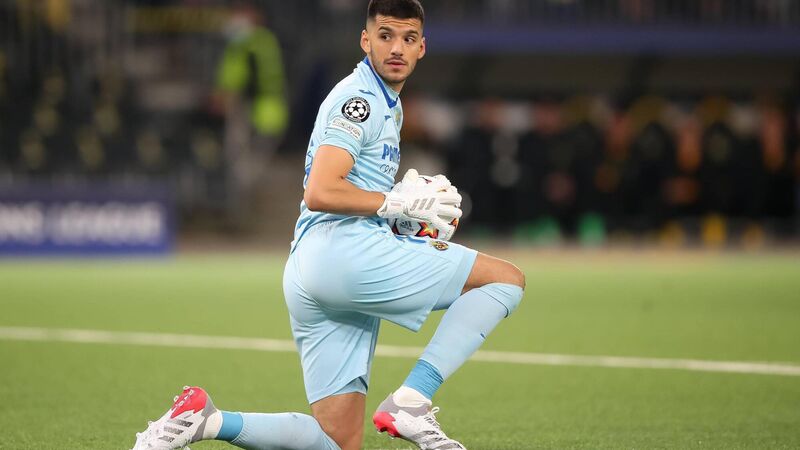Tommy Martin: Everyone has a plan until they let the ball run through their legs

Jeepers keepers: Geronimo Rulli of Villarreal
Dodgy keeper! Shoot at them! Pile crosses on them! When they take a goal kick, creep menacingly towards them with scary faces!
He’s dodgy lads!









